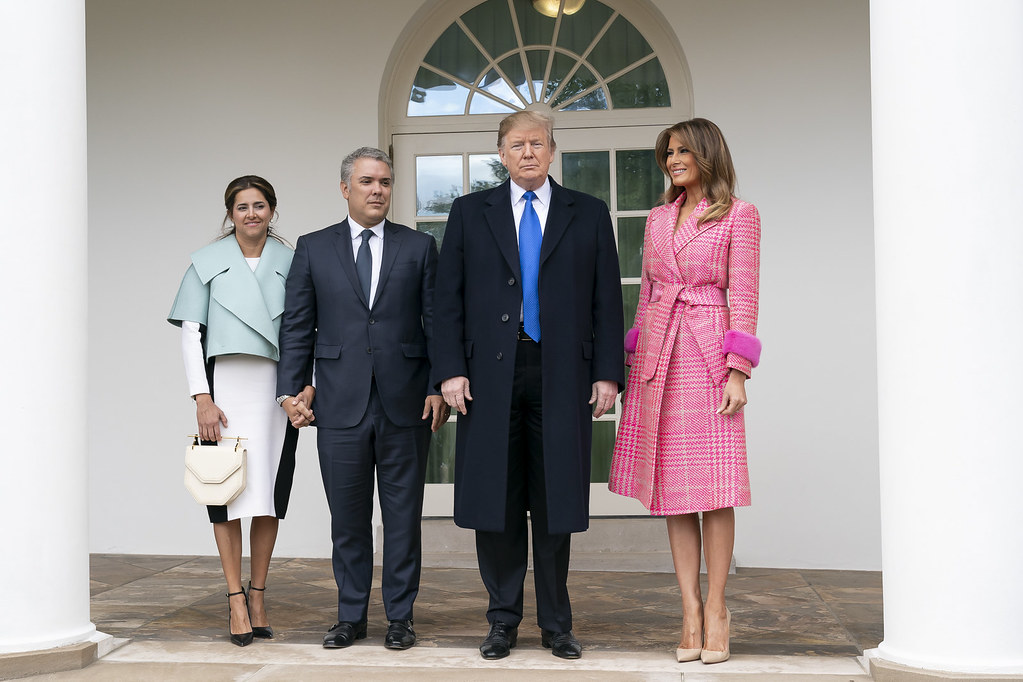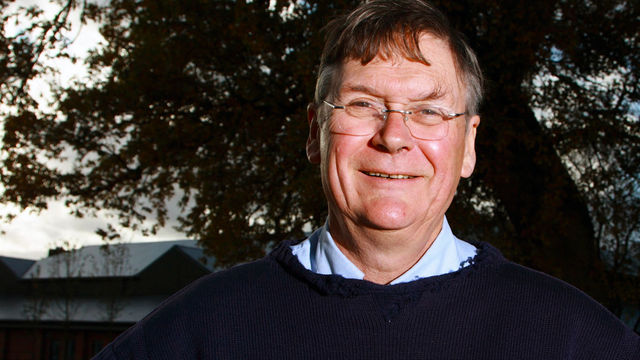By Laura Lucia Rodríguez Peña
Colombia has a long history of war and conflict. Nevertheless, in 2016 the National Government signed a peace agreement with the biggest armed group in the country, FARC.
The hope of a new peaceful future was in the air up until 2018, when the right-wing party won the elections. Part of their manifesto was to change the peace agreements threatening the efforts to end a civil war that had lasted 60 years. Many peace-building projects all around the country have since been interrupted, the guarantees to the ex-combatants have been ignored and now we have dissidents in the jungle that want to go back to the conflict.
Colombia is also facing an immigration crisis; in the last three years the country has received 1.4 million Venezuelans that have fled from conflict. In addition, the government announced a huge increase in taxation on the 23 of July. This was implemented to pay off the country’s debt that corrupt national officials like Luis Carlos Sarmiento Angulo (who worked in conjunction with Odebrecht – a Brazilian company that bribed Latin American governments) had left behind. Colombian citizens were outraged and public tensions exploded on August 23 when government officials have been accused of murdering 18 children in a rural area, under the guise of terrorism threat prevention.
The response from the State has been noted by many as unacceptable. When a journalist asked president Iván Duque about the tragedy, he didn’t know about it and answered with an insensitive “what are you talking about, dude?”, ignoring not only the suffering of the victims, but all the unrest that the country is facing. The leader of the ministry of defence, responsible for giving the order to attack the area, quit his job without apologising to the victims’ families.
The President, Iván Duque, subsequently gave him special public recognition for what the president called “excellent results” during his role as leader of the ministry of defence. These recent events and the poor job that the national government is doing, caused the nation-wide protests on November 21. People in Colombia decided to mobilised against the government, demanding immediate change.
The citizens want the government to prioritise the protection of indigenous leaders and environmental activists that are being murdered. As well as demanding that the lands are protected from fracking projects which destroy nature and biodiversity. It seems that the people want a government that cares more about education and better conditions for employees, rather than the current government proposals that aim to lower the minimum wage by 20% for people under 25 (which currently stands at £186.72/month).
Protests were initially peaceful, but by the end of the afternoon the police had started to used tear gas and even rubber bullets. While some citizens saw an opportunity to steal from shops amongst the mayhem, the police brutality inflicted upon the people was entirely inhumane and unjustifiable.
But it seems that, the national media is wrongly tarring all protestors with the same brush and painting them as miscreants. One article states that the city “gradually began to resume its activity after stopping the day before by attacks of what the authorities indicated as ‘vandals”. Casting a shadow over the millions of people that were protesting in peace for an urgent humanitarian cause.
By the end of the day, the Colombian government had implemented a surveillance curfew in many cities. It seems this measure may have served to only spur the people on to further acts of resistance.
They came up with the creative plan to orchestrate a “cacerolazo”, upon which every home used their pots and pans to make as much noise as possible. This occurred after curfew to interrupt surveillance as a form of nonviolent resistance; a method that was also used in protests in Venezuela in 2004. This showed the powerful solidarity of the people in fighting the governments’ demands and refusing to conform. They demand to be noticed and to be heard – literally.
The protest also ignited other protests across the globe, in New York, Paris, Sydney, London and even here in Brighton at the University of Sussex. In Library square, Colombians decided to explain the reasons of the protest through singing and showing posters with heart-wrenching facts about the difficulties faced by the people. Their intention was to spread information that has not been covered by the media.
Colombians around the world have expressed solidarity to the people that marched in peace on Thursday the 21st. With this international protest, Colombia is now part of a group of countries in Latin America, and in the world, that is in conflict. At the moment there are no official responses from the President, and it seems that protests will continue until real change is made.
Image credit: Andrea Hanks




